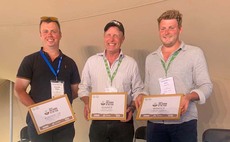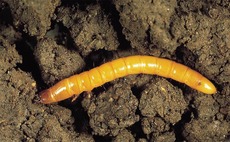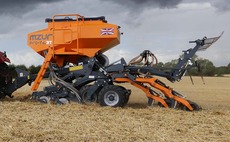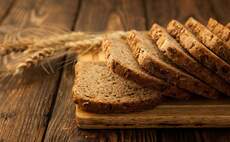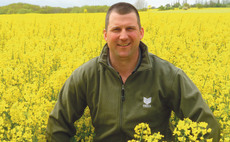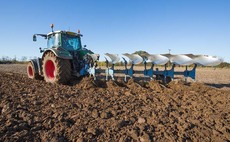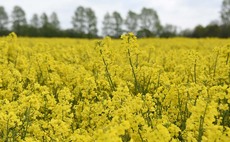Author profile
Sugar beet growers face shortages of some disease control products as a result of availability issues with the fungicides Priori Gold and Angle.
Hampshire farmer, David Miller has been named this year’s Arable Soil Farmer of the Year, in the fifth year of the competition which saw its highest number of entries yet.
Arable
Following an upward trend in wireworm damage in root vegetable and cereal crops throughout the UK, industry leaders have joined forces to co-fund a Fera-led research and development project to find a solution to the pest.
Arable
Íæż½ã½ã using regenerative practices on their arable farms are largely ending up in a similar place financially to those using more conventional practices.
Arable
Minimising cultivations, lowering grain drying requirement, reducing synthetic fertiliser inputs and using urease and nitrification inhibitors can reduce a crop’s carbon footprint by up to 41 per cent while sustaining yield.
Arable
After a fairly open autumn and winter for most, visitors to the NAAC drainage hub at Cereals were reminded of the importance of maintaining and investing in field drains.
Arable
How growers would achieve milling spec amid high nitrogen prices was a topic of conversation at Cereals.
Arable
Having transitioned his entire farm to a zero-till system in one year, Kent farmer Tom Sewell offers a glimpse into his current approach to improving soil health. Alice Dyer reports.
Arable
The amount and intensity of cultivations is responsible for carbon emissions from soil, but why exactly is this? Soil and cultivations expert, Philip Wright explained during a Cereals drainage seminar.
Arable
Oilseed rape is expected to make a resurgence next season with members of the seed trade predicting up to a 30 per cent increase in area.

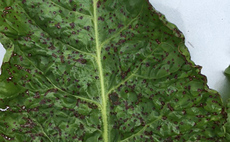
 30 June 2022
•
1 min read
30 June 2022
•
1 min read
